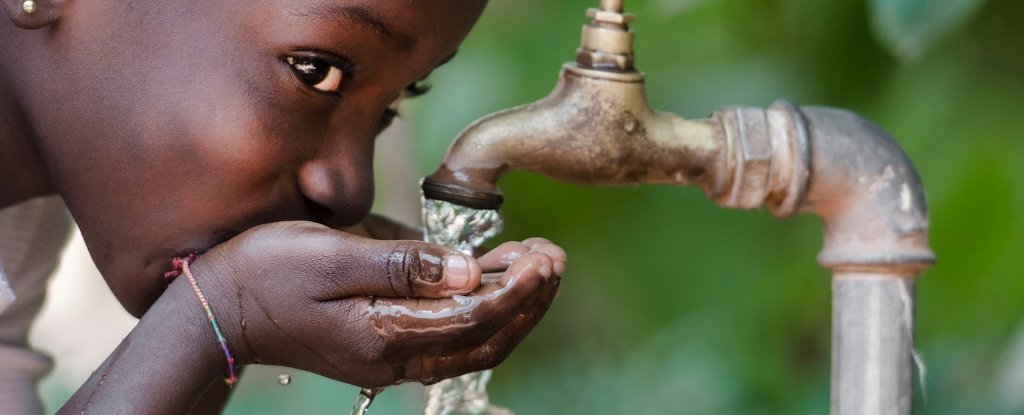Having This One Particular Blood Type Can Help Protect You From Severe Malaria - ScienceAlert

Nearly half the world's population is at risk of malaria, one of the most deadly diseases known to humankind. Each year it claims over 400,000 lives, most of whom are children younger than age five.
While it's possible to vaccinate against malaria, virtually all of these cases are in the African region, where protection is often nothing more than a roll of the dice. Now, a recent analysis of 23 papers suggests those with blood type O have the genetic odds stacked in their favour.
In sub-Saharan Africa, where severe malaria - caused by the Plasmodium falciparum parasite - is endemic, there are far more individuals with blood type O than anywhere in Europe or the US.
In Nigeria alone, where 97 percent of the country is at risk of malaria, more than half the population belongs to this blood group. In Ethiopia and many others, the numbers are similar.
Rather than a coincidence, co-author and epidemiologist Abraham Degarege Mengist from Robert Stempel College of Public Health & Social Work argues this is "evidence of evolutionary selection." His team's recent review suggests that people with type O are better protected against severe malaria than people with other blood types.
Of all 23 studies included, the meta-analysis found that 15 showed an increased chance of severe P. falciparum infection among individuals with blood group A, B, AB or non-O (A/B/AB).
At the same time, more than half of the studies found that severe malaria was significantly more likely to occur among those with non-O blood groups.
"Now that we are starting to understand the mechanisms of how blood type can affect the progression of the disease, we are exploring various options that can one day help people in the regions where malaria is endemic," says Mengist.
One such option is the transfusion of type O blood to those with malaria, an idea that could potentially halt this deadly infection's progression.
A 2015 study included in this overview, for instance, found that 'rosetting' is more common among those with blood types A and B. This is a term used to describe how an infected red blood cell armours itself against the body's immune system.
Rosetting occurs when a malaria-infected cell packs a bunch of uninfected red blood cells tightly around it, forming a wall of ten or more others. In severe cases, these growing clusters can block blood vessels, potentially causing comas, brain damage, and even death.
Having an O blood type, however, seems to have a protective effect. With neither A or B antigens, this blood group has different receptors on its red blood cells, and these are not as easily taken over by malaria.
"Hence, rosettes formed in blood group O [red blood cells] tend to be smaller, weaker and more unstable," the authors write in the new review.
This, in turn, keeps these receptors free for antibody use, continuing an immune response that not only attacks the malaria-infected blood cells but also disrupts the clusters already present.
"As a result, the progression of uncomplicated P. falciparum infection to severe malaria is less likely to occur in individuals with blood group O," the authors conclude.
If the transfusion of type O blood can somehow exert this protective, de-clumping effect on those with non-O blood types, it could help us tackle the most fatal form of malaria.
This study has been published in Blood Reviews.
http://bit.ly/2IYkZBg

Comments
Post a Comment